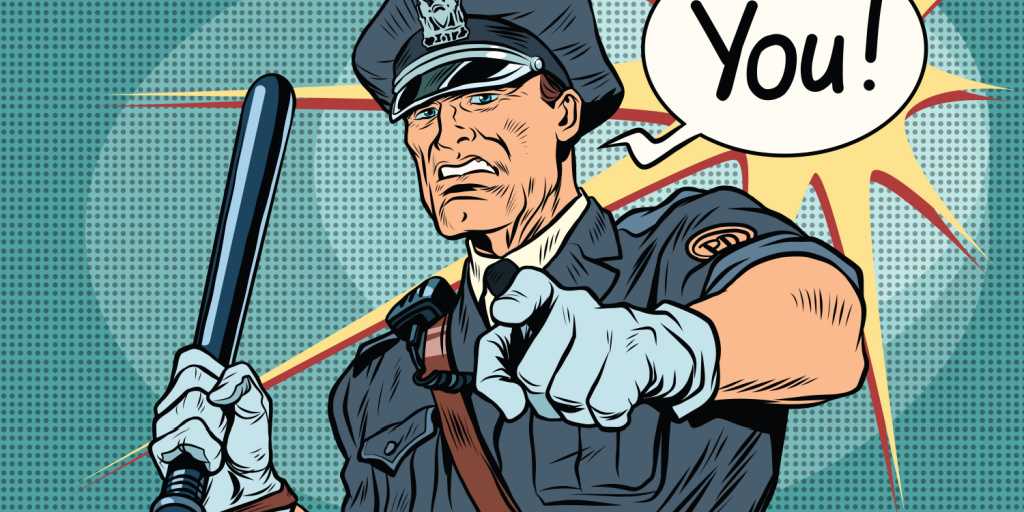What is a “Crime of Violence?”
What is a “Crime of Violence?” Neither the Courts nor Prosecutors Should Say
Under federal law, anyone who uses a gun while committing a “crime of violence” faces an especially stiff prison term. But what is a “crime of violence?” According the U.S. Supreme Court, the answer is “we can’t tell and it’s not our job to say,” so the law is unconstitutional.
Federal law threatens long prison terms for any person who uses a gun while committing a crime of violence. Indeed, the defendants in U.S. v. Davis were sentenced to more than 40 years in prison for brandishing a shotgun while committing a string of robberies in Texas. But is a robbery also a “crime of violence?”
In Davis, the U.S. Supreme Court agreed with the defendants that it was impossible to tell from the written law itself. The statute defined “Crime of Violence” as a felony that “by its nature, involves a substantial risk that physical force against the person or property of another may be used in the course of committing the offense.” In the past, the Courts had held that judges were supposed to divine the “nature” of a crime by imagining the kind of conduct that a crime “ordinarily” involved. Then, judges were supposed to decide whether that conceptual crime presented a substantial risk of physical force.
According to the Supreme Court, that imaginative exercise was improper as the Constitution requires the law to be sufficiently defined by Congress beforehand; not by judges and prosecutors after the fact. Only if the law is sufficiently defined beforehand can a person have fair warning that their conduct may be illegal. “Nature of the offense” is ill-defined and invites unpredictable results. Therefore, it does not provide fair warning. Also, it is Congress, rather than the courts, which defines criminal laws. Since judges were required to imagine the “nature of the offense,” the statute violates separation of powers principles, too.
Recommended Articles

Arizona’s new sealing statute is a powerful way for people who have been charged or convicted of many common offenses, to be able to say “no” in many instances.

In Arizona, “Aggravated Assault” charged under ARS § 13-1204 is a Class Four Felony, and in some cases with mandatory prison.

DUI or domestic violence police misconduct even if not resulting in grievous misfortune can sometimes provide a helpful remedy for the criminally accused.

people are surprised by how outsized the consequences some misdemeanor convictions can be. collateral consequences—meaning all those hidden consequences.

For thirty years two federal laws prohibited all those convicted of misdemeanor domestic violence offenses from ever possessing firearms.

About Michael Harwin
Michael’s skill and experience have been recognized repeatedly. He holds an A-V 5/5 preeminent rating by Martindale Hubbell. He has been named one of the top lawyers in Arizona by Southwest Superlawyers, and one of the best lawyers in Tucson by Tucson Lifestyle Magazine. He also has been named one of the best lawyers in the United States by BestofUS.com , and given the highest rating possible by AVVO, 10/10 Superb. Amazon Books

